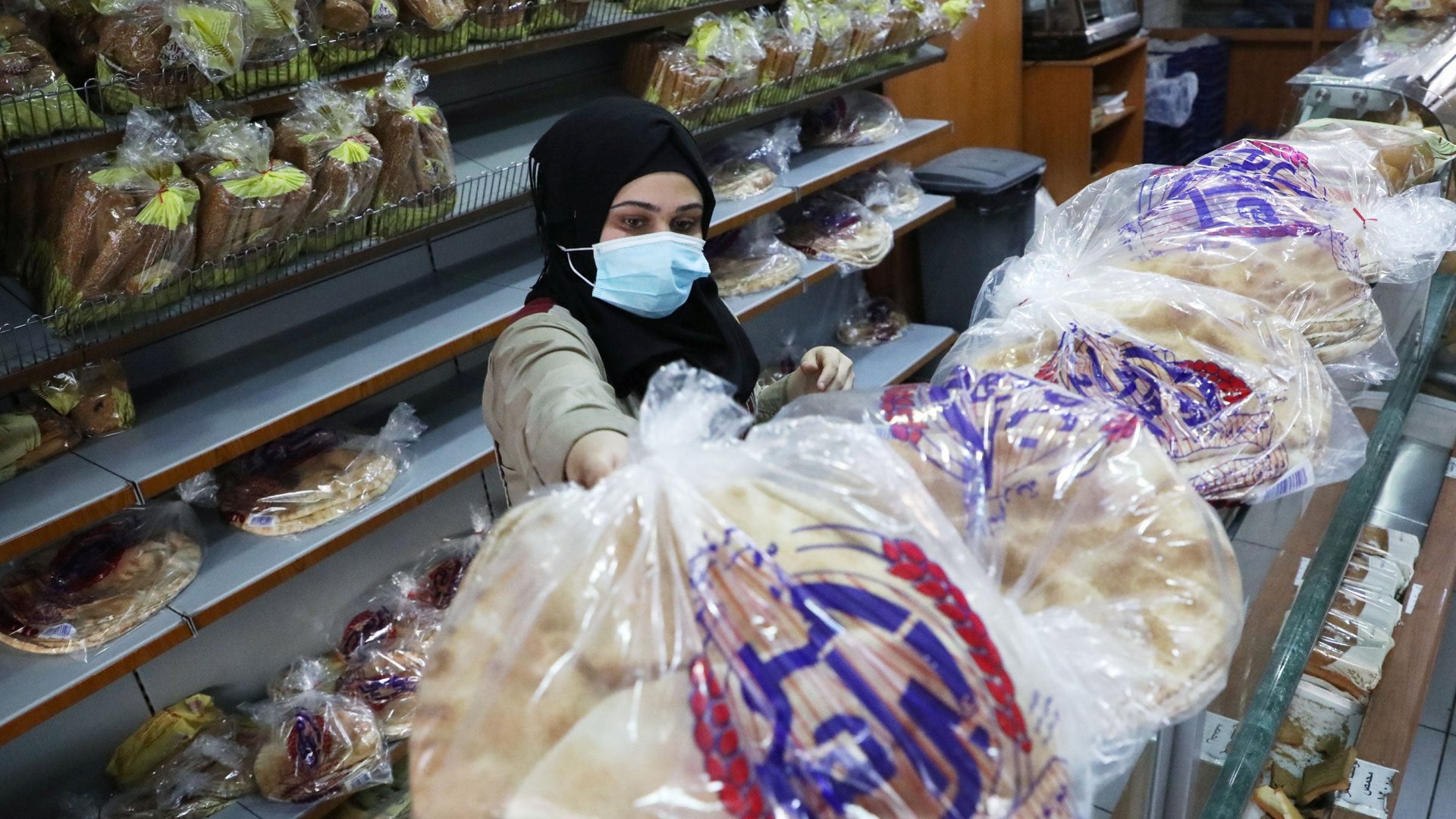Conflict in Ukraine could hit Lebanon’s food supply
The effects of war are not bound by borders, but have rippling consequences to other countries. War in Ukraine will strain trade most immediately in Europe and the Middle East, especially when it comes to wheat.


The effects of war are not bound by borders, but have rippling consequences to other countries. War in Ukraine will strain trade most immediately in Europe and the Middle East, especially when it comes to wheat.
“Wheat would be the food commodity most impacted as Russia is the world’s largest exporter of wheat, and Ukraine is also a major exporter,” said Steve Taravella, a senior spokesperson for the UN World Food Programme. Combined, the two countries are responsible for 29% of the global wheat trade.
How the Russia-Ukraine conflict could affect Lebanon’s food supply
A shock to foreign supplies could send countries that are already struggling to stabilize their economies into crisis. Lebanon in particular relies on Ukraine for 80% of its imported wheat supply, more than any other country.
Lebanon began growing its wheat trade with Ukraine in 2019 for better prices, which became essential after the 2020 port explosion in Beruit. The consequences of the explosion were devastating. It destroyed Lebanon’s national wheat silos and resulted in the end of the country’s flour subsidy. Lebanon’s wheat reserve fell from six months of supply to less than a month of stocks.
“Many Lebanese rely on bread to fill their hunger as it is the cheapest product they can buy (especially with it being subsidized),” explained Chafic Beyrouthy, a food commodity wholesaler and supplier in Lebanon. “Bread is the only affordable thing on the shelves, and the potential consequences will be felt mostly by Lebanon’s most fragile and disadvantaged residents.”
The vast majority of Lebanon’s wheat is imported.
“Conflict risks leaving buyers from Asia to Africa and the Middle East vulnerable to more expensive bread and meat if supplies are disrupted,” said Taravella. “That would add to food-commodity costs that are already the highest in a decade.”